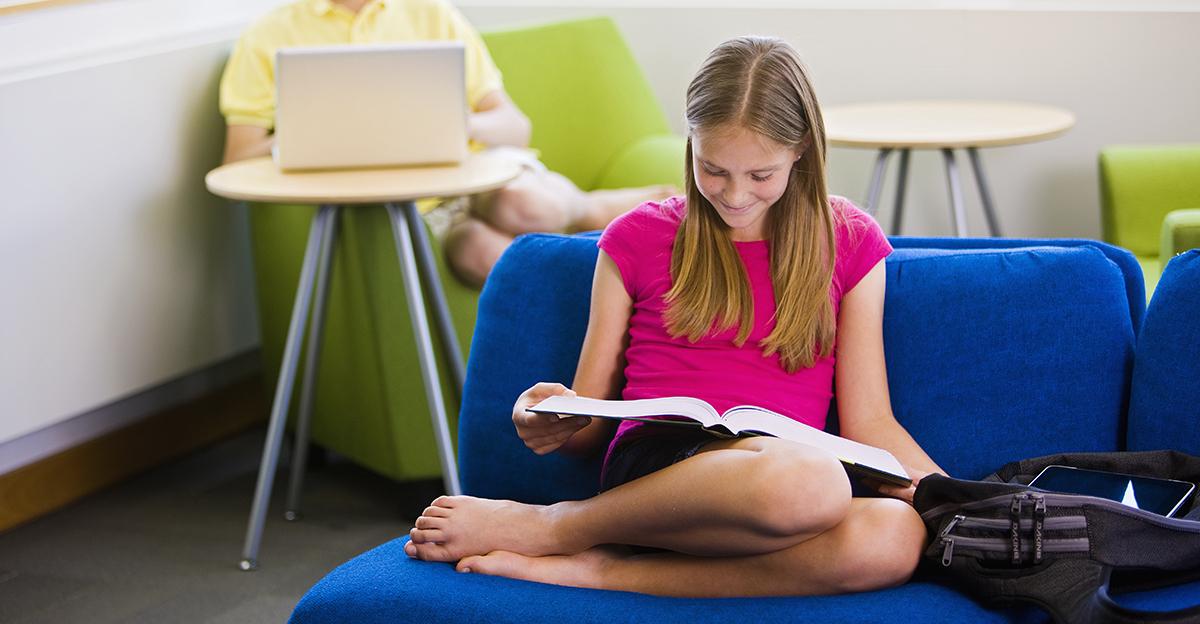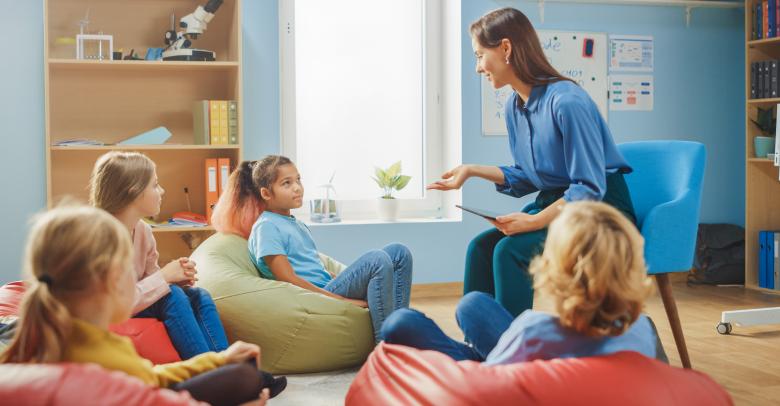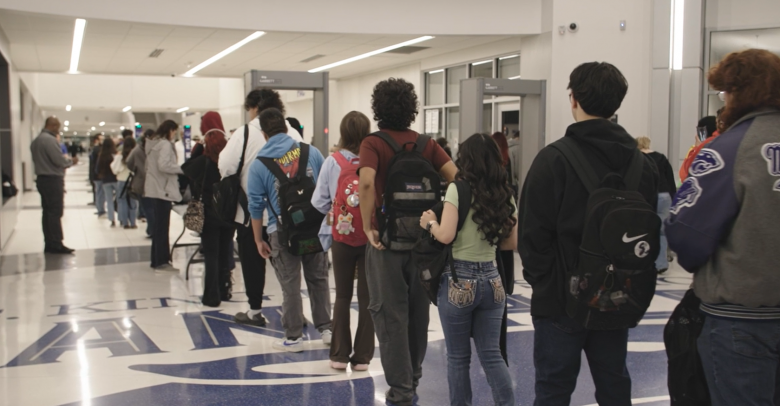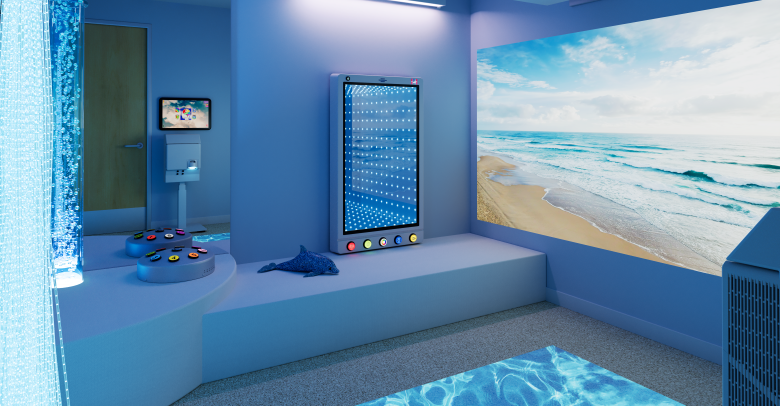Creating a space for students to focus without distraction is difficult. But there are tools and tips to use when trying to make a focus-oriented sensory space. Regardless of age and learning style, the calming effect of a well-planned focus sensory space can have a positive impact on concentration. Read on to learn more about the benefits of a sensory room and what tools are available for building a sensory space in your home or classroom.
How a Sensory Room Can Benefit Study Skills
A combination of useful tools, allowing students to self-regulate and focus, makes for a sensory space that increases concentration and focus. The stimulating environment helps heighten awareness and improve awareness, provide a sense of security and comfort, improve creativity, promote mental and physical relaxation, and even potentially decrease aggressive behaviors.
So how does all of this factor into study skills? A student’s ability to study is impacted greatly by distraction. Feelings of anxiety, discomfort, and a need to fidget can negatively affect study skills, making it more difficult for students to focus on the task at hand. The freedom to take advantage of specialized tools can help students avoid distractions and may even improve their overall academic performance.
Sensory Space Tools for More Focus While Studying
A studying space should, of course, be a quiet and calm place. However, there’s a lot more to creating a sensory space for studying than noise levels and lighting. Each of the following tool groupings is key to creating a sensory study space for students who need aid in focusing on school work. Consider specific student needs and choose between focus aids, weighted items, alternative seating, and chewable tools.
Focus Aids: These handy tools give students something to fidget with without distracting the students around them. Instead of tearing up paper, clicking a pen, or tapping a pencil, focus aids give students a specialized outlet.
Weighted Items: For students who feel anxiety in the classroom or when asked to work quietly, weighted products may offer non-distracting comfort. A soft, deep sensory weighted friend may add a little comfort to an over-stimulating classroom experience.
Alternate Positioning: Some students experience better concentration when given the option of alternate positioning or the choice to sit somewhere other than their desks. The seating options available can be added to a traditional seat or replace them.
Chewables: These tools are specifically helpful for students who chew on pencils, their clothes, or other items while trying to focus in the classroom. Offering chewing-specific tools may help them to concentrate without harming their teeth.
Buy Sensory Space Tools to Help Students Focus
Learn more about sensory spaces and products that may help students focus in class by checking out the other posts on the Sensory Spaces page of our blog. We cover a wide range of topics for students of all grade levels and preferences. Also, be sure to stop by the online store to find the latest deals on tools for your classroom or home sensory study space.






Leave a Reply